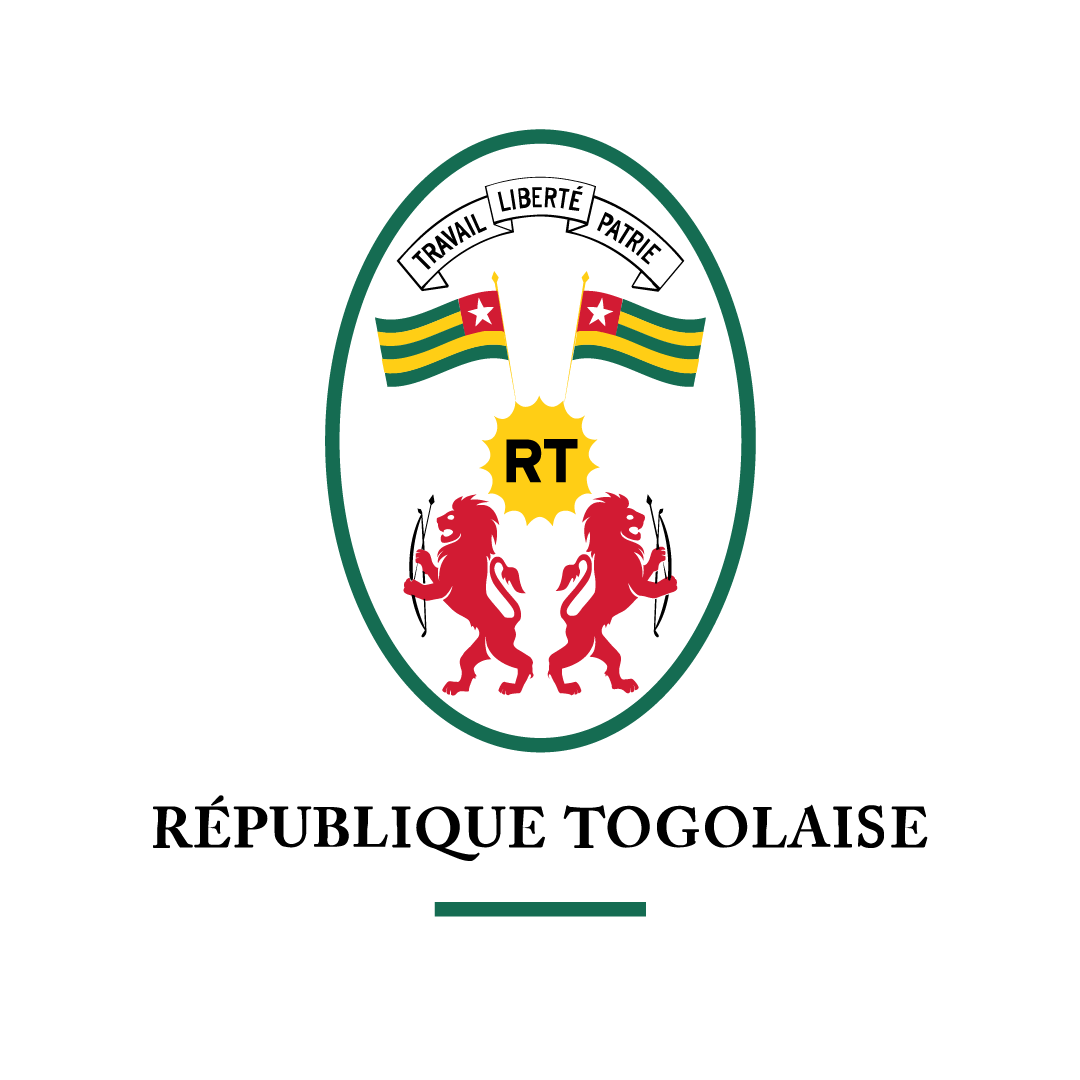
How the Government of Bangladesh is Dealing with Online Gambling
The rise of online gambling has posed significant challenges for governments worldwide, and Bangladesh is no exception. With the advent of technology and the internet, gambling has transitioned from traditional venues to online platforms, making it increasingly accessible to the populace. In Bangladesh, where gambling is largely viewed as illegal, the government has employed various strategies to combat the proliferation of online gambling activities. For instance, individuals can access gambling sites directly like How the Government of Bangladesh is Dealing with Online Gambling https://mcwcasino-login1.com/slots/, showing the need for focused interventions.
The regulatory landscape of gambling in Bangladesh is largely influenced by Islamic principles, as the country follows Sharia law, and gambling is prohibited. Despite this, the demand for online gambling has surged, particularly among the youth, leading to concerns about addiction, financial instability, and moral degradation. In response, the government has established measures aimed at curbing illegal gambling activities and protecting its citizens.
Legislation and Regulatory Framework
In Bangladesh, the laws surrounding gambling are primarily defined by the Gambling Act of 1867, inherited from British colonial rule. This act prohibits all forms of gambling, with a few exceptions, such as certain games of skill. The government has signaled that it intends to strengthen and modernize the existing laws to effectively combat online gambling. A more robust legal framework could potentially include provisions for regulating online activities, including licensing requirements for operators and penalties for violators.
Efforts have been made to collaborate with international organizations and law enforcement agencies to enhance enforcement measures against online gambling platforms. These collaborations include sharing information about online gambling networks and assisting in tracking down illegal operators.

Technology and Monitoring
The government is increasingly leveraging technology to monitor and prevent access to online gambling sites. Internet service providers (ISPs) are often instructed to block access to known gambling websites. The Digital Security Act of 2018 has been utilized to penalize those who engage in the promotion or facilitation of online gambling. However, the effectiveness of such measures is challenged by the use of VPNs and other technologies employed by users to bypass restrictions.
In addition to blocking sites, the government is exploring opportunities for digital literacy programs to educate the public about the risks associated with online gambling. Such initiatives aim to dissuade individuals from engaging in online gambling by providing them with the necessary information regarding the legal frameworks and potential consequences.
Public Awareness Campaigns
Raising public awareness about the dangers associated with online gambling is a critical aspect of the government’s strategy. Campaigns are being launched to inform citizens about the legal ramifications of participating in online gambling activities. These campaigns also focus on the social and financial risks, including gambling addiction, debt, and the strain on personal relationships.
Non-governmental organizations (NGOs) and advocacy groups also play a vital role in this regard. They work in conjunction with government agencies to promote responsible gambling practices and provide support to individuals struggling with gambling-related issues.

Challenges Ahead
Despite the measures being put in place, the government of Bangladesh faces numerous challenges in effectively combating online gambling. One of the primary issues is the rapid technological advancements, which create new avenues for gambling operators to exploit. Virtual reality casinos, blockchain technology for transactions, and mobile applications are just a few examples of innovations that can potentially complicate regulatory efforts.
Additionally, the lack of resources and trained personnel within law enforcement agencies can hinder the effectiveness of campaigns against gambling. There is a pressing need for government investment in this area to enhance the capacity of agencies to monitor and address online gambling adequately.
The Path Forward
For Bangladesh to effectively manage the issue of online gambling, it will require a comprehensive approach that balances regulation, education, and support for affected individuals. As online gambling continues to evolve, so too must the strategies employed by the government. This includes ongoing dialogue with stakeholders, including technology companies, law enforcement, and public health organizations, to create an integrated response to the challenges posed by online gambling.
Ultimately, efforts must be directed not just at punitive measures but also toward understanding the underlying factors that drive individuals to gamble online. By addressing these root causes, the government can work towards a more comprehensive solution that prioritizes the health and well-being of its citizens.
In conclusion, the government of Bangladesh is taking significant steps to address the issues associated with online gambling. While challenges remain, a combination of legal reforms, public awareness initiatives, and strategic collaborations with international partners may provide a pathway to mitigating the risks and protecting the population from the dangers of unregulated gambling.

